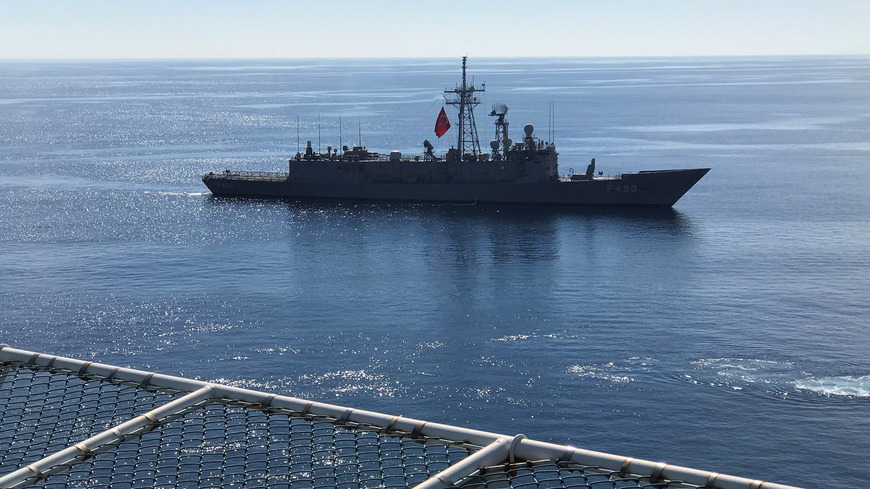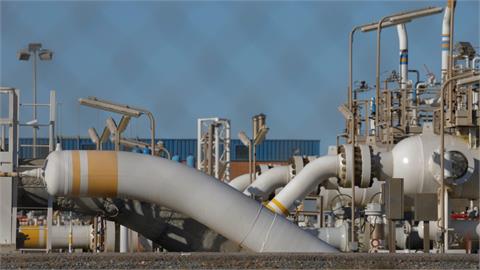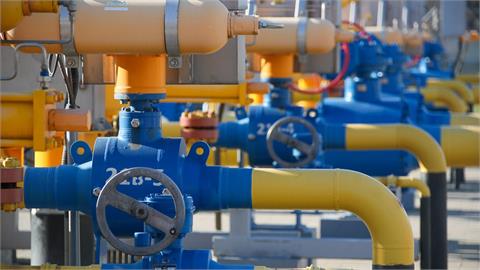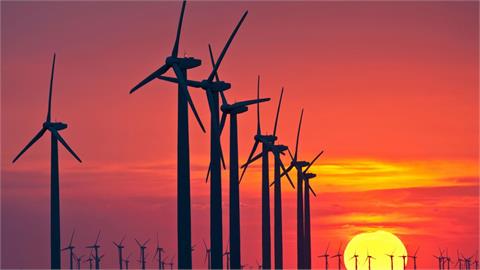Tensions are rising quickly in theeastern Mediterranean oversharinghydrocarbon reserves in the area. The latest developments signal increasing volatility. On Nov. 4, Turkish President Recep Tayyip Erdogan called certain foreign oil companies"bandits of the sea"and warned them against conducting exploration activities near Cyprus.Turkey controls the northern third of the divided island
by Metin Gurcan*
Tensions are rising quickly in theeastern Mediterranean oversharinghydrocarbon reserves in the area. The latest developments signal increasing volatility. On Nov. 4, Turkish President Recep Tayyip Erdogan called certain foreign oil companies"bandits of the sea"and warned them against conducting exploration activities near Cyprus.Turkey controls the northern third of the divided island.
Meanwhile, Cyprus and the United States on Nov. 6 signed an agreement to reinforce bilateral security relations.
In an article I pennednear the end of 2017, Iforecasted that the tensions between Turkey and the anti-Turkish bloc of Greece, Israel,Egypt and Cyprus were likely to escalate and the issuewould become militarized. In another article, I drew attention to growing military moves in the region.
The feud has been brewing for years and nowis threatening to boil over, especially as some governments in the area have declared their own overlapping exclusive economic zones (EEZs).
On Oct.17, Turkey issued an advisory to ships in the area that it would be conducting seismic surveys in the eastern Mediterranean beginning the next day and running throughFeb. 1. Indeed, on Oct. 18,military tension over control of economic interests theregrewas the Turkish seismic survey drilling ship Barbaros started searchingfor oil and gas. The ship was exploringareas Ankara haslicensed to Turkish Petroleum(TPAO) justnorth of Cyprus'self-claimed drilling areas.
That same day, according to Ankara,a Greek frigate tried to block the Turkish vessel, but was prevented from doing so by its Turkish navy escort. "We will never tolerate new harassment. We have [taken]all kinds of measures. I want everyone to know that we will not tolerate a fait accompli of any sort on this subject,” Turkish Minister of Defense Hulusi Akar said Oct. 24. Healso threatened military action if Greece acts on plans to extend its territorial waters in the Aegean.Turkish government spokesmanOmer Celik conveyed a similar message Oct. 31, one dayafter theTurkish drilling ship Fatih, named after the conqueror of Constantinople(or modern-day Istanbul), began drilling at the Alanya-1 borehole, 100 kilometers (60 miles) off Antalya. The ship willbe survey drilling for 150 days until early Aprilunder the protection of a navyassault boat and a submarine.
Two Norwegian offshore supply ships also are accompanying the Fatih’s first survey. Turkish Energy Minister Fatih Donmez noted that other shallow drilling workwith the Fatih vessel is planned northwest of Cyprus in November, adding that Turkey is about to buy a second drilling ship to ramp up exploration.
Meanwhile, Egyptian, Greek and Greek Cypriot leaders had metOct. 10 to discussEEZs in the areaof the eastern Mediterranean near the Greek island of Crete. The leaders also reaffirmed their commitment to explore gas reserves off the coast of Cyprus. On Oct. 20, former Greek Foreign MinisterNikos Kotzias (who resigned Oct. 17)declared Greece is ready to expand its territorial waters from 6 nautical miles to 12 inthe Ionian Sea, extending Greece’s sovereignty westward. Kotzias also revealed that the ministry is preparing to extend Greece’s sovereignty to 12 nautical miles around Crete.
This statement angered Ankara.Turkey thinks Greece’s effort to extend its territorial waters around Crete is actually a move to shift the territorial waters problem of the Aegean Sea. Ifthe rivalry over sharing hydrocarbon reserves continues, it couldspill over to territorial waters and sovereignty issues, which would only escalate tensions.
The eastern Mediterranean has become an international problem.Turkish media reported Oct. 28 that Turkish F-16s challenged British war planes that were conducting reconnaissance close to the Barbaros ship. Cypus has issued exploration permits to French energy giantTotalSA, Italy's Eni SpA, ExxonMobiland American Noble Inc.
Charles Ellinas, CEO of energy consultancyECNatural Hydrocarbons Co.Ltd. in Nicosia, Cyprus,announced thatUS-based ExxonMobil will start drilling this month in block 10.An ExxonMobil-leased drilling vessel is expected to arrive Nov. 12 in Cyprus, according to the Greek Reporter.
Negotiations are about to conclude on the natural gas pipeline known as EastMed, a projectf avored by the EU as a way to diversify its energy resources. The on- and offshore pipeline will transport gas from the eastern Mediterranean to Greece, via Cyprus and Crete. Via other pipelines, gas would be moved to Italy and other countries in southeastern Europe. The participation of Eni and Totalstrengthened predictions that natural gas produced from Israel’s Tamar and Leviathan fields, Egypt’s Zohr and southern Cyprus' Aphroditecould become an alternative natural gas supply source for the EU. These countries are cooperating on energy.The core problem here is that Turkey hasn'tparticipated in this cooperation, as Ankara disagrees withthe EEZs Cyprus claims.
Although Ankara isn't part of the 1982 UN Convention on the Law of the Sea, the conventioncalls for determining the limits of EEZs of countries in the eastern Mediterranean based on theprinciple of sovereignty.Turkey doesn't accept agreements that Cyprus has made with Egypt, Lebanon and Israel to delineate the EEZs, as Ankara says they would infringe on its rights.
Some experts feelTurkey should have declared EEZs rather thantrying to develop a position based on the continental shelf. However, there is a growing opinion in Ankara that Turkey should declare an EEZ in 2019 and defend its sovereign rights in the eastern Mediterraneanmore robustly.
In conclusion, theremainder of2018 could be interesting, considering the pace of unfolding events and escalatingmilitarization.
The grim fact everyone should bear in mind is: We are at the threshold of an era when commanders fromTurkey, Greeceand Cyprus must keep their coolwhen confronted with the risk of military engagement. That's much more vital than diplomatic efforts in Ankara, Athens and Nicosia.
*Metin Gurcan is a columnist for Al-Monitor's Turkey Pulse. He served in Afghanistan, Kazakhstan, Kyrgyzstan and Iraq as a Turkish military adviser from 2002 to 2008. After resigning from the military, he became an Istanbul-based independent security analyst.Gurcan obtained his PhD in 2016with a dissertation on changes inthe Turkish military over the preceding decade.He has published extensively in Turkish and foreign academic journals, and his book"What Went Wrong in Afghanistan: Understanding Counterinsurgency in Tribalized, Rural, Muslim Environments” was published in August 2016.



